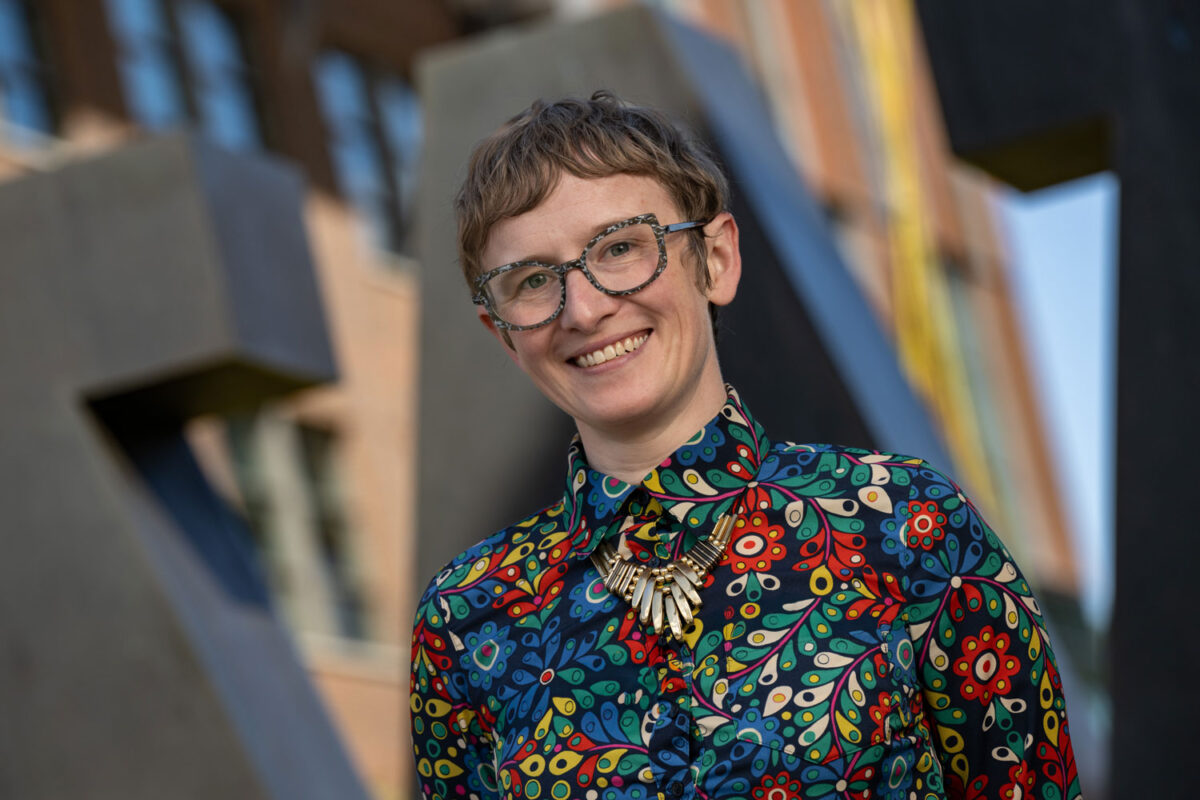Two University of Washington Bothell computer scientists, Michael Stiber, left, and Brent Lagesse, right, have won Fulbright scholar awards for advanced research in Europe.

Stiber is a professor of computing and software systems (CSS) and associate dean of the School of Science, Technology, Engineering & Mathematics (STEM). Lagesse is an assistant professor in CSS.
Stiber plans a three-month stay this summer at the Czech Academy of Sciences in Prague to work with colleagues investigating how brain cells encode information.
“My collaborators have a great deal of expertise in abstract mathematical models of information representation in neurons,” says Stiber. “I have expertise in building high-performance simulations of neural networks and in analyzing simulation results. We plan to combine these approaches.”
Lagesse plans a 4-5 month stay in the spring and summer of 2018 at the University of Cambridge in England to work with one of the leading researchers in the world in crowd sensing, focusing on cybersecurity. Crowd sensing is the technology that generates information from sensors that people mostly carry on their phone: cameras, microphones, GPS, thermometer, etc.
“Crowd sensing lets us take this information from large numbers of people and better understand the world we live in,” says Lagesse. “The goal of the research I’ll be doing during the Fulbright is to simultaneously prevent bad data from being used to make decisions and to prevent the data that is being collected from being used against the people collecting data.”
Crowd sensing applications include detecting traffic congestion, identifying polluted areas of parks and understanding how location affects a person’s mood. Lagesse expects to benefit from working in a different cultural environment, especially in regard to privacy.
“Cultural and legal expectations and preference regarding privacy differ across the world, and while you can know they are different, actually talking to people and designing systems for users will be a great learning experience for me,” Lagesse says.
Stiber also is looking forward to a cultural experience at the Czech institution.
“They are one of the premiere research institutions in all of Europe,” says Stiber, adding that computer science is a global enterprise. “An international point of view is simply essential in modern high-technology industry.”



